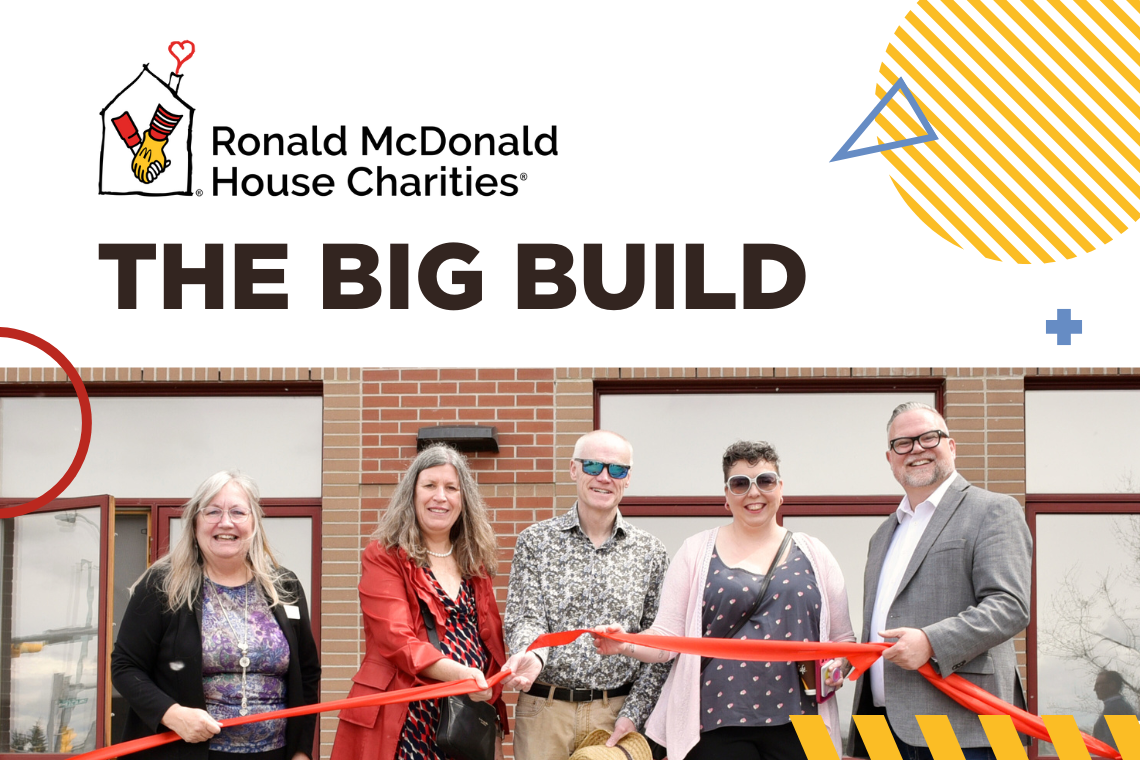
Getty Images
Aug. 02, 2017 | Gerald Vander Pyl
Mortgage madness
Making the right decisions during this crucial part of buying a house can set you up for long-term financial successFor anyone buying real estate, arranging a mortgage is a sure sign that you're about to make your dream home a reality.
But with the all the options that are available, how do you find the mortgage that's right for you?
Greg Miller, a mortgage professional with SmartCap Inc. in Calgary, says step one for him is "finding out what are the client's short-term needs and long-term needs, their goals, and what does their budget allow for in terms of a payment?
"After that you can tweak a mortgage to cater it to them." Choose your mortgage professional
Miller says a lot of people tend to gravitate towards their bank, because they already have an existing relationship. However, banks only have access to their own financial products, whereas a mortgage broker may have access to more than 50 different lending institutions.
As well, most banks generally have severe financial penalties for breaking a mortgage and these costs could be crippling if, as Miller says, "life happens" and you are no longer able to make your monthly payments.
Discuss your options
Before determining the details of your mortgage, you'll need to make a number of important decisions.
Miller says rather than asking clients what amortization length they want right off the bat, he prefers to break things down to the month-to-month level first.
"What's a payment amount that you're comfortable with? We start with that, and then we can cater the amortization to it," he said.
First-time homebuyers tend to gravitate towards a fixed-rate mortgage, he says, even though variable-rate mortgages have advantages, depending on your risk tolerance.
"At the end of the day, the client's focus should be on interest cost. How can I pay the least amount of interest, as opposed to the interest rate? Because there are real strategies that you can use with your mortgage." - Greg Miller, Smart Cap Inc.
A good option, he says, is to have part of your mortgage with a fixed interest rate and part with variable interest, "so you can kind of hedge your risk."
Two- or three-year mortgage terms have the advantage of lower interest rates than a five-year, but those low rates are locked in for less time. Miller says some people choose a shorter term if they are thinking of selling their current property and buying another one.
He says another option is to get a mortgage that is portable, so it can be taken from one property to another.
"This allows you to lock into today's interest rates, which are very low, for a full five years," he said.
Consider your overall finances
Miller says a lot of people in the mortgage industry tend to be very transactional, with a focus on "this is my best interest rate. Please sign here." However, this isn't the best approach from the client's perspective if they are trying to save as much money as possible.
"There's a lot more to it than that," he said. "And at the end of the day, the client's focus should be on interest cost. How can I pay the least amount of interest, as opposed to the interest rate? Because there are real strategies that you can use with your mortgage."
He says it's important to take a financial-planning approach to mortgages, and also discuss your mortgage plans with your financial adviser.
Tagged: Finance | Greg Miller | Housing Market | How To | Mortgage | mortgage broker | mortgage professional | Mortgages | Smart Cap Inc.




